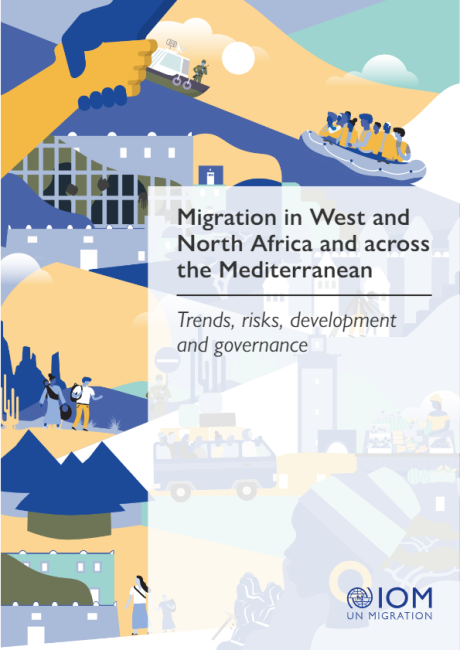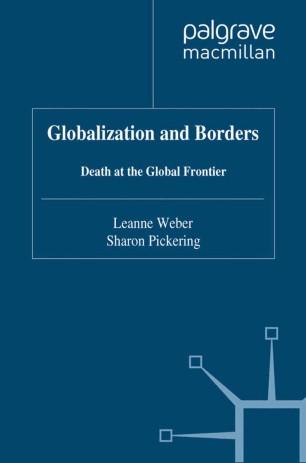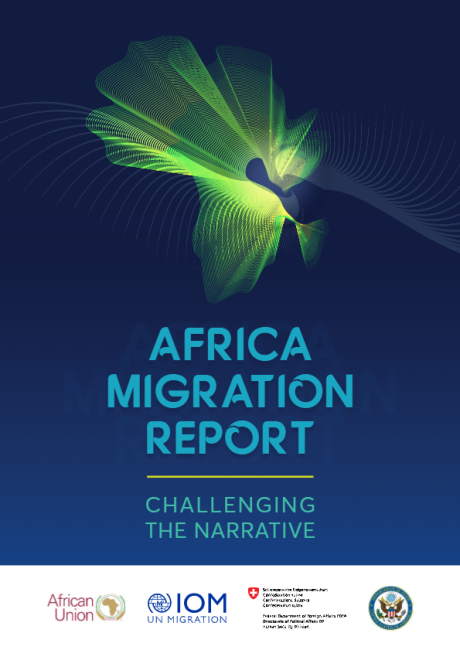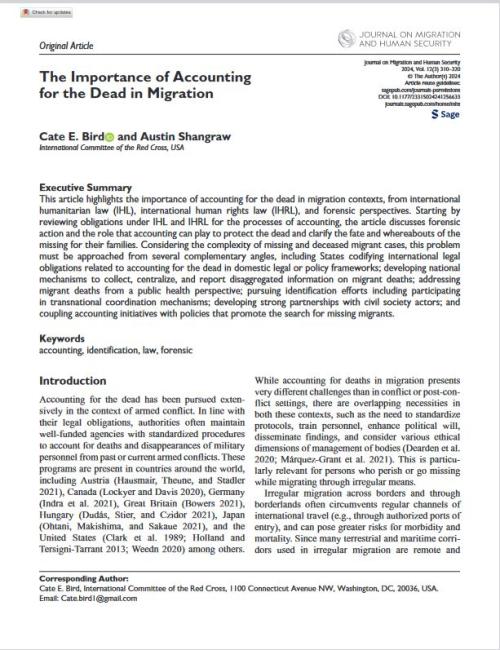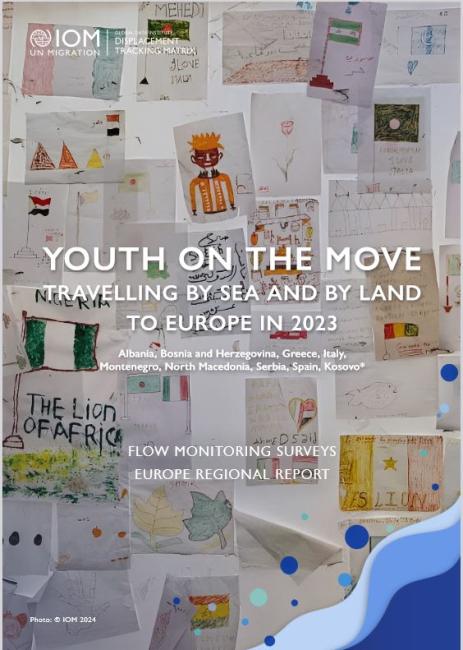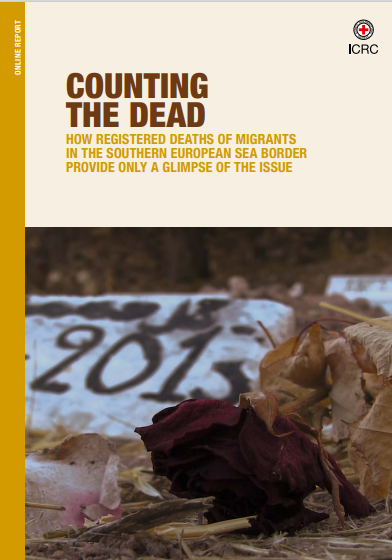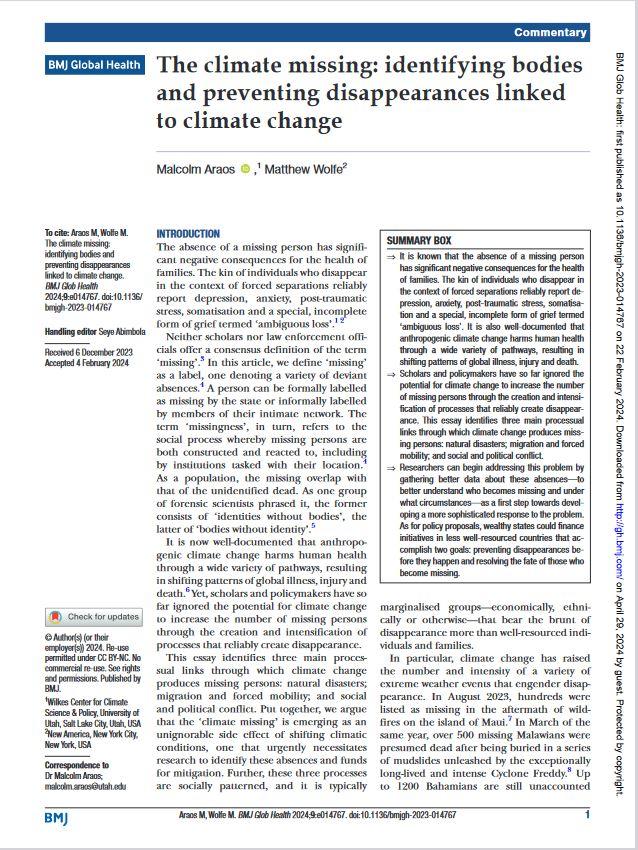
Article
The climate missing: identifying bodies and preventing disappearances linked to climate change
https://doi.org/10.1136/bmjgh-2023-014767
Author
Malcolm Araos & Matthew Wolfe (Wilkes Center for Climate Science & Policy, University of Utah, Salt Lake City, Utah, US & New America, New York City, New York, USA)
Publication Year
2024
Thematic Area
Families
/
Law & Policies
Topic
Internally Displaced Person (IDP)
/
Migration
Access
Open access
- It is known that the absence of a missing person has significant negative consequences for the health of families. The kin of individuals who disappear in the context of forced separations reliably report depression, anxiety, post-traumatic stress, somatisation and a special, incomplete form of grief termed ‘ambiguous loss’. It is also well-documented that anthropogenic climate change harms human health through a wide variety of pathways, resulting in shifting patterns of global illness, injury and death.
- Scholars and policymakers have so far ignored the potential for climate change to increase the number of missing persons through the creation and intensification of processes that reliably create disappearance. This essay identifies three main processual links through which climate change produces missing persons: natural disasters; migration and forced mobility; and social and political conflict.
- Researchers can begin addressing this problem by gathering better data about these absences—to better understand who becomes missing and under what circumstances—as a first step towards developing a more sophisticated response to the problem. As for policy proposals, wealthy states could finance initiatives in less well-resourced countries that accomplish two goals: preventing disappearances before they happen and resolving the fate of those who become missing.
Share


